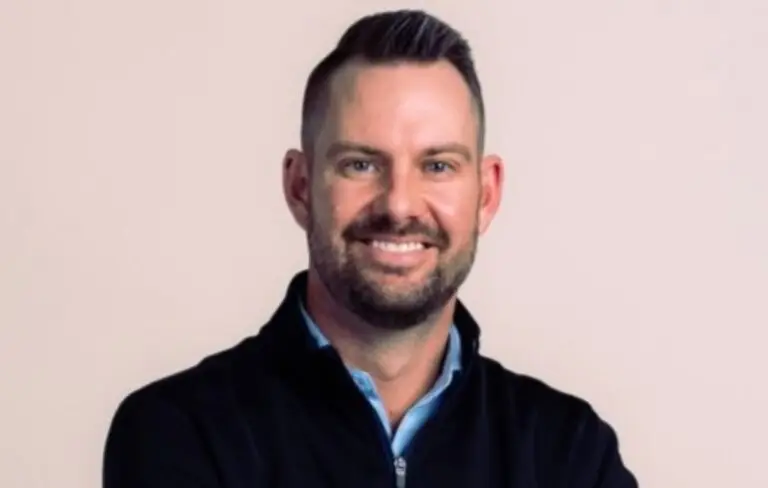
The global beauty emporium, Sephora, has announced all locations from stores to distribution centers will close on June 5, 2019, for an hour of “racial bias training.” The goal is to silence an online frenzy after the Grammy-nominated singer SZA tweeted that she was racially profiled after she was suspected of shoplifting at the Calabasas store on April 30, according to WMagazine.
Racial bias is a winning theme for online viewers and will drive a great deal of online rage against Sephora. Let’s keep in mind that SZA has 2.7 million Twitter followers against Sephora’s 2.4 million, which does not include the singer’s network on Instagram and Facebook. In these terms, Sephora called an hourly security guard to frisk a member of digital royalty.
But the real issue isn’t about race, it’s about status and that is where Sephora failed. As a savvy consumer retailer, what their staff lacked was not racial bias training but celebrity smarts.
When dealing with the public, companies must learn to be aware of a digital danger zone from which companies cannot escape unharmed. Dealing with celebrities and people of protected classes are two such zones. What Sephora should have done when SZA entered the store was to send an alert to managers and staff to extend every courtesy. They could have offered gifts, a tour of the store with selfies by customers, and received a shout out instead of a fallout.
The situation is reminiscent of the Starbucks store in April 2018, when Philadelphia police escorted two black men in handcuffs because of an argument about the restroom. The video of the incident was viewed over 10 million times before the company decided to close down 28,000 stores for a day of bias training.
The problem, and it is the same at Sephora, is that company staff isn’t properly trained in crisis management when it comes to dealing with celebrities and groups with enhanced levels of status. Store staff persons have only one switch to use in the case of poor customer behavior. Call the police or, in the case of Sephora, call security. For reasons I will explain, this may have worked in the pre-digital era. It does not work now.
The store manager at Sephora’s, just like Starbucks, needed a second option, a hotline instead of 911. A specialist in celebrities and their behaviors, and an awareness of social media memes would have suggested caution and a thoughtful retreat from the shoplifting charge. Because they know once the police show up the result is always someone is accosted or arrested and the ensuing brawl is caught on video. So why do companies continue to refuse to give their employees options and then blame them? (Starbucks fired their store manager, of course).
To anyone aware enough to read a daily news feed, the change in status among members of protected classes and marginalized groups has been dramatic. Whether the cause was the popular presidency of Barack Obama, or they too were part of a rising tide of interest in minority groups, there has been a shift in status that is palpable in the way Hollywood and the media have recognized, but retailers haven’t.
When an incident involves both the protected class and someone who happens to be a genuine celebrity, you can be sure the video cameras will be out in full force, and the individual is going to be ultra-sensitive to how they are treated. As someone with more Twitter followers than the global cosmetics company, SZA had every right to be offended and angry.
After the incident, Rihanna sent a gift card to SZA for her line of cosmetics and this shows the pop star has more consumer sense than Sephora. She knows that creating a fan out of SZA is a far better approach.
When we think of how to handle these incidents, there is no better guide than the most celebrity-driven business in the world, Las Vegas. When a high roller walks into a casino, as everyone knows, the casino extends them every courtesy. If the gambler takes a drink without paying, they get a second. If they leave without settling the hotel bill, it’s comped. When you are dealing with a celebrity or a member of the protected class, as in the case of SZA, you are going to have to train your staff to nurture them as you do your best customers, which they are.
Read more: The Media, Greedy Lawyers And A Lesson In Brand Assassination







